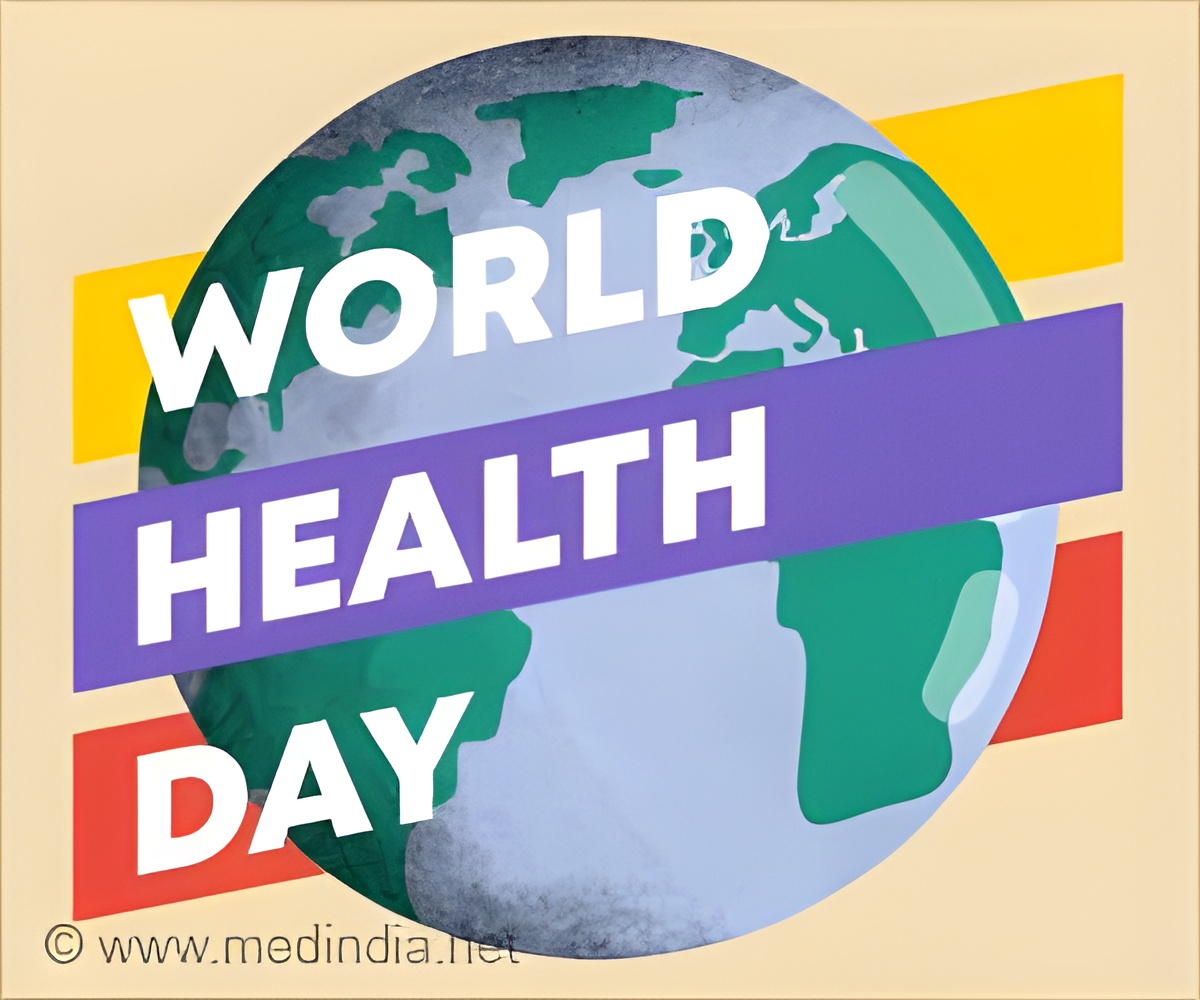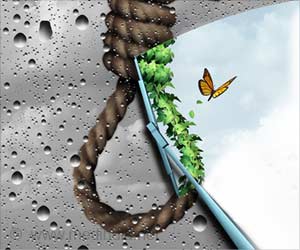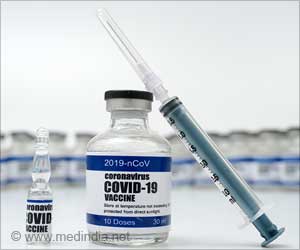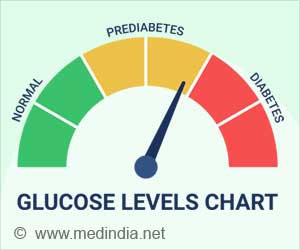World Health Day is celebrated across the globe on 7th April every year. It marks the establishment of the World Health Organization. The 2021 theme encourages the building of a fairer and healthier world.

- World Health Day is celebrated annually on 7th April
- Aims to generate global awareness about urgent health issues
- This year, its objective is to build a fairer and healthier world
World Health Day is a global health awareness day that is celebrated every year on 7th April. The celebrations are spearheaded by the World Health Organization (WHO) and commemorate the establishment of this world-renowned health organization under the auspices of the United Nations (UN).
The major objectives of World Health Day are to sensitize, prioritize, and focus on burning public health issues that affect the entire global community. The various promotional campaigns that are launched on this occasion continue long after 7th April.
TOP INSIGHT
World Health Day is observed on 7th April every year. It celebrates the establishment of the World Health Organization. This year’s theme focuses on building a fairer and healthier world.
Read More..
History of World Health Day
In December 1945, two months after the end of World War II, Brazil and China first proposed that an international health organization should be created. In July 1946, the constitution of the WHO was approved at the UN Headquarters in New York, USA.Consequently, the WHO came into being on 7th April 1948 through a resolution passed by the First World Health Assembly (WHA), in which 61 countries were signatories. To mark this landmark event, the WHA decided to celebrate World Health Day on 7th April every year.
World Health Day provides an opportunity for the WHO to draw the attention of everyone around the world to the vital importance of global health. It organizes numerous awareness events at the international, regional, and national levels through the collective efforts of the entire WHO staff at the WHO Headquarters in Geneva, the six Regional Offices, and the 148 Country Offices, respectively.
World Health Day Theme for 2021
Every year, since 1950, the WHO focuses on a particular theme for celebrating World Health Day. The theme is chosen by the WHO Director-General, based on suggestions by its Member States. This year, the theme is “Building a Fairer, Healthier World”.This theme is very apt because the ongoing COVID-19 pandemic has shown us that this unequal world has become even more unequal and has further widened the gap in access to healthcare between the rich and the poor. It is the poorest who are being hardest hit by the pandemic and facing the highest risk of disease. Therefore, a fairer world is the need of the hour so that everyone has access to healthcare.
Global Health Statistics
- Life expectancy at birth has increased from 53 years in 1960 to 73 years in 2018
- Healthy life expectancy (HALE) has increased 8 percent between 2000 and 2016
- Birth rate has decreased from 32 per 1000 people in 1960 to 18 per 1000 people in 2018
- Death rate has decreased from 18 per 1000 people in 1960 to 8 per 1000 people in 2018
- Maternal mortality ratio has decreased from 342 per 100,000 live births in 2000 to 211 per 100,000 live births in 2017
- Infant mortality rate has decreased from 68 per 1000 live births in 1990 to 30 per 1000 live births in 2019
- Under-5 mortality rate has decreased from 93 per 1000 live births in 1990 to 38 per 1000 live births in 2019
- Prevalence of HIV increased from 0.3 percent in 1990 to 0.7 percent in 2019 in the age group 15-49 years
- Prevalence of diabetes increased from 6 percent in 2010 to 9 percent in 2019 in the age group 20-79 years
- Incidence of TB decreased from 174 per 100,000 people in 2000 to 130 per 100,000 people in 2019
- Prevalence of anemia decreased from 51 percent in 1990 to 42 percent in 2016 in children under-5
- Prevalence of stunting (height for age) decreased from 39 percent in 1990 to 21 percent in 2019 in children under-5
- Prevalence of underweight (weight for age) decreased from 25 percent in 1990 to 13 percent in 2019 in children under-5
- Prevalence of undernourishment decreased from 13 percent of the population in 2001 to 9 percent of the population in 2018
World Health Day Celebrations in the Time of COVID-19
World Health Day is usually celebrated with much fanfare, through numerous events across the globe. These are organized at the local, national, and international levels.The main aim of these events is to generate awareness and educate the public about various health issues. Events tailored to specific groups are also organized. For example, conferences for healthcare professionals, briefings for politicians, and infographic displays for school-going children and college students.
Given the recent spike in COVID-19 cases in many parts of the globe, including India, this year’s celebrations are likely to be low-key and will mostly occur virtually.
Again, due to the ongoing COVID-19 pandemic, this year more stress will be given on educating the people about the importance of various public health measures to stave off the disease. These are briefly listed below:
- Handwashing with soap and water
- Using an alcohol-based hand sanitizer
- Physical distancing
- Wearing a mask
- Practicing respiratory etiquette
- Self-quarantining if symptoms appear
- Avoiding mass gatherings
- Taking the COVID-19 vaccine
WHO’s Role in Promoting Global Health
WHO’s role is vital in promoting global health. Some of its major thrust areas are briefly highlighted below:- Strengthening Health Systems: WHO catalyzes the strengthening of health systems of resource-poor countries through various means, including the provision of funding, access to diagnostics and drugs, disease monitoring, and trained health staff. In this regard, it has played an instrumental role by implementing its Strategic Preparedness and Response Plan (SPRP), which has helped poorer countries tackle the COVID-19 pandemic on a war-footing
- Promoting Development: Since poverty is linked to poor health outcomes, WHO aims to address this issue by promoting overall health through overarching initiatives, such as the Sustainable Development Goals (SDG’s), which covers poverty alleviation
- Fostering Health Security: WHO promotes global health security by reducing the risks associated with outbreaks of existing, emerging, and re-emerging pathogens. The ongoing COVID-19 pandemic is an excellent example of WHO’s commitment to fighting infectious diseases
- Generating Evidence-Based Policies: WHO harnesses the latest information and evidence generated by cutting-edge research to formulate evidence-based strategies for setting global health priorities. Again, its role in providing sound evidence-based advice and guidelines to countries on COVID-19 is unparalleled in its 73 year-long history
- Enhancing Partnerships: WHO continuously forges partnerships with numerous research institutes and organizations around the world and encourages them to share their valuable data for developing guidelines. Notably, WHO has been instrumental in putting together the international team of experts that recently investigated the origins of SARS-CoV-2 in Wuhan through global partnerships
What has the COVID-19 Pandemic Taught Us?
COVID-19 pandemic has taught us many lessons. It has shown how a tiny virus can hold the world to ransom, affecting anyone and everyone, without discriminating between rich and poor, and having no respect for international and political boundaries. It has shown us how fragile and vulnerable our world really is. Most importantly, the pandemic has shown us that there is an urgent need for a fairer and healthier world, which is encapsulated in this year’s World Health Day theme.“Vaccine Nationalism” – A Daunting Challenge!
Achieving the goal of a fairer world, where everyone has access to healthcare seems to be a far cry, given the emerging problem of “Vaccine Nationalism”.Many rich countries are hoarding vaccines – sometimes as high a 9-times their national needs – while some poorer countries have none.
In fact, till date, 20 economically weak countries still have no vaccines to deliver their first dose. This type of “Vaccine Nationalism” could seriously jeopardize the global vaccination efforts against COVID-19.
In this regard, the WHO Director-General points out that if we hoard vaccines and don’t share them equitably with economically weaker and most vulnerable countries, there will be three major problems:
- “It will be a catastrophic moral failure”
- “It will keep the pandemic burning and will be still spreading like a wildfire”
- “It will lead to a very slow global economic recovery”
Conclusion
From the foregoing discussion, it is clearly evident that the time is now to build a fairer world so that everyone everywhere has access to quality and affordable healthcare, irrespective of race, ethnicity, religion, caste, gender, age, or socio-economic background. Only then can we forge a way forward despite the prevailing devastating pandemic.References:
- World Health Day 2021: Building a Fairer, Healthier World - World Health Organization - (https://www.who.int/campaigns/world-health-day/2021)
- World Health Statistics 2020: A Visual Summary - World Health Organization - (https://www.who.int/data/gho/whs-2020-visual-summary)
- Strategic Preparedness and Response Plan (SPRP) - World Health Organization - (https://www.who.int/publications/i/item/strategic-preparedness-and-response-plan-for-the-new-coronavirus)
- The Global Health Observatory: Explore a World of Health Data - World Health Organization - (https://www.who.int/data/gho)
- Health Data - The World Bank - (https://data.worldbank.org/topic/8)
Source-Medindia
 MEDINDIA
MEDINDIA




 Email
Email









